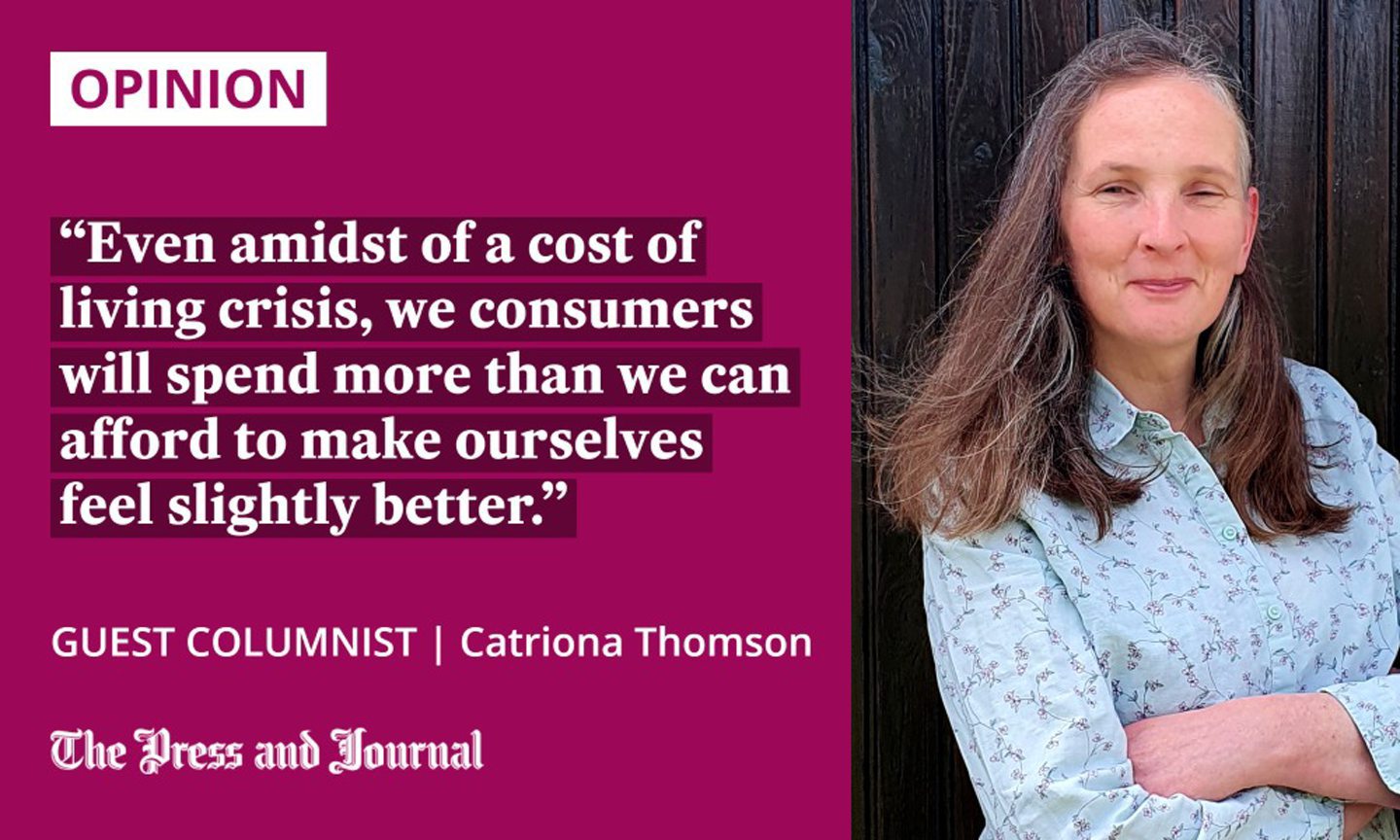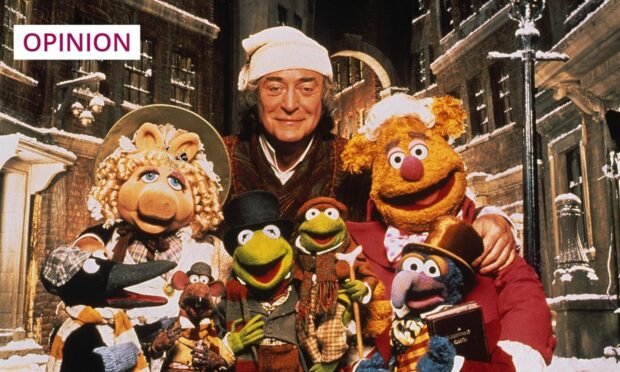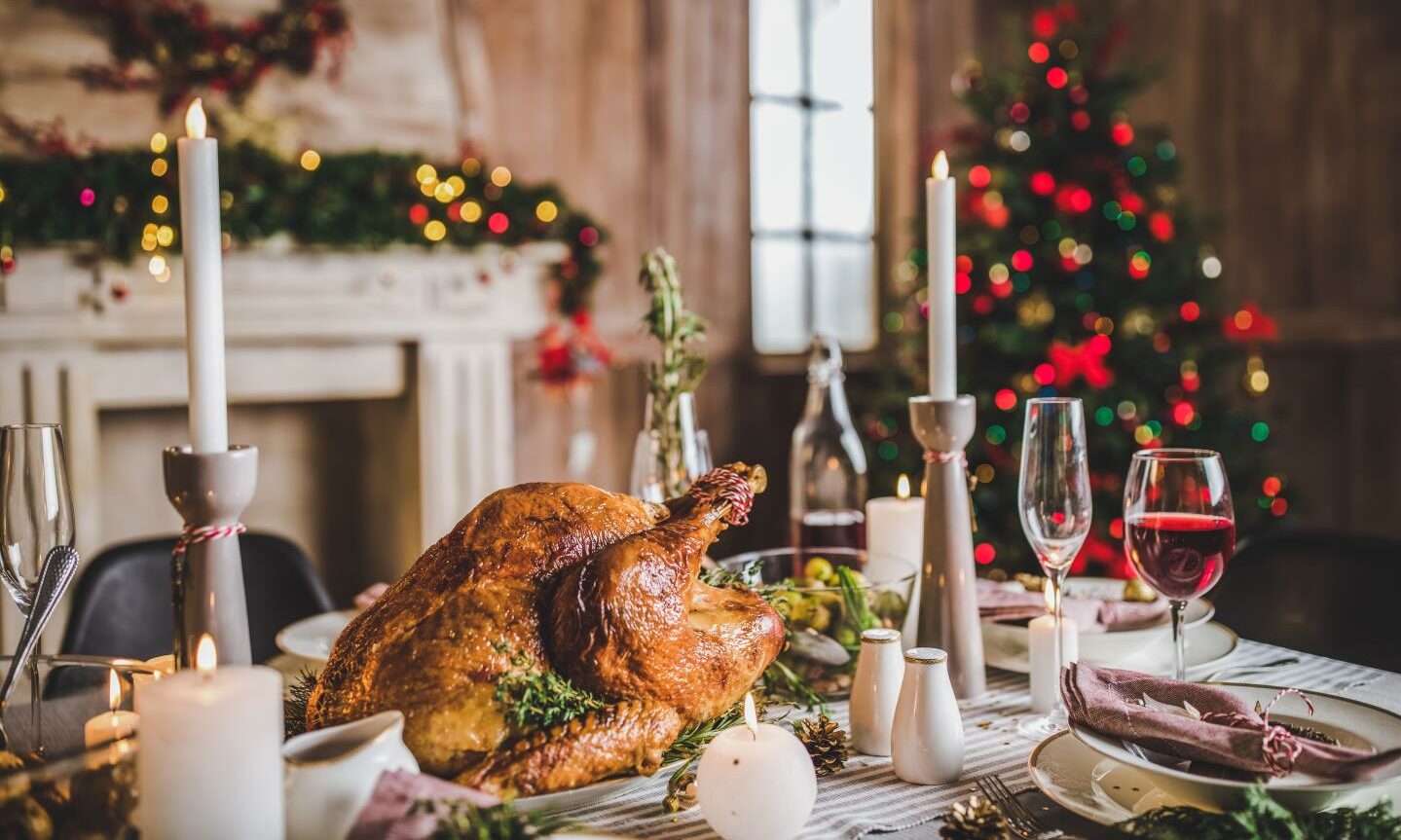This festive season and beyond, we could learn a lot from bad old Ebenezer Scrooge, a misunderstood eco-warrior, writes Catriona Thomson.
Bah, humbug. It’s that time of year, when everyone gets caught up in the festive frenzy of excess consumption and rampant consumerism.
It may be the season of goodwill to all men, but one fellow, Ebenezer Scrooge, always gets a bit of a reputational kicking. If he were alive today, he would no doubt be able to hire some swanky public relations professionals to repair some of his collateral brand damage.
But, when you think carefully about it, could there perhaps be an alternative motive behind Scrooge’s behaviour? Perhaps his unwillingness to put coal on the office fire was not a sign of his stinginess, but an expression of his deep concern for planet earth and climate change.
Possibly it was a one-man protest against fossil fuels, based on his honest belief that all carbon should stay underground. Of course, that doesn’t explain away all of Scrooge’s behaviour, but perhaps we should give him the benefit of the doubt.

Throughout the month of December, the shop tills will be ringing out, despite it being the bleakest midwinter for a long time. Even amid a cost of living crisis, we consumers will spend more than we can afford to make ourselves feel slightly better.
The reality is that the feel-good factor might not last – a single unwise purchase, sudden illness, bereavement or marriage break-up can easily send household debt spiralling out of control.
So, maybe Ebenezer was right all along. Maybe, this yuletide, we should champion a “less is more” spirit, and embrace the movement of make do and mend.
Scotland will use 19,000 miles of wrapping paper this Christmas
Don’t discount me as a swivelled-eyed loon or party pooper. In these dark times, this season provides some welcome Christmas cheer for us all, there’s no doubt about that.
All I am suggesting is that, instead of reaching for our wallets and panic-buying some overpackaged and overpriced shiny tat which will be regifted or left abandoned in a charity shop doorway come January, we need to pause and reassess.
Call me an old-fashioned Grinch, but I love a boring, practical present. The sheer joy of not having to pay for something you will actually use regularly gets my vote every time. But, why not skip presents altogether and spend time with your loved ones instead?
Almost everyone is guilty of being swept up in a tide of mulled wine-fuelled exuberance once December come around. Though, do we really need to buy everyone’s aunty, dog, cat, and hamster a gift-wrapped present?
Figures provided by Zero Waste Scotland reiterate this. “In Scotland, around 19,000 miles of wrapping paper will be used this Christmas, enough to wrap the coast of mainland Scotland more than two and a half times.”
And it won’t stop there. Do our halls really need to be decked with this year’s must-have coordinated baubles? Will anyone care if they don’t match exactly?
Does anyone need to purchase a Christmas jumper for that perfect, festive, family fun-filled social media post, when the environmental damage of manufacturing textiles is so vast?
Food waste hurts wallets and the world
The quantity of festive food waste that will end up in the bin makes me feel slightly queasy. The thought of all that unused and wasted food is obscene, considering people are going hungry and cold in this country.
And, before you blame restaurants, know that 70% of Scotland’s food waste comes from individual households.
Do our Christmas dinner plates need to be piled quite so high? Do our kitchen cupboards have to be stuffed full of treats that we may never actually get around to eating?
On top of that, wasting food is one of the worst things we can do in terms of climate change; it accounts for more than a quarter (30%) of Scotland’s total waste carbon footprint.
Taking a fresh look at our much-maligned Christmas hero, perhaps Scrooge’s penny-pinching ways were intended to encourage the entire Cratchit family to think about their food waste, or possibly forego meat altogether and adopt a plant-based diet.
Zero Waste Scotland estimates that 67 million meals will be needlessly thrown away this month alone, and 50,000 tonnes of food and drink are expected to be binned in this country alone during December.
So, do our Christmas dinner plates need to be piled quite so high? Do our kitchen cupboards have to be stuffed full of treats that we may never actually get around to eating?
Over two-thirds of food waste could be avoided if we planned, stored and managed it better. All of the fruit, vegetables and more that ends up in the bin costs the average Scottish household £440 per year. For a family of four, it’s around £700. The simple fact is that if you buy too much unnecessary food, it’s going to seriously add up.
Overall, the average Scot consumes more than twice the sustainable amount of materials per year. It seems to me that, this festive season and beyond, we could learn a lot from bad old Ebenezer, a misunderstood eco-warrior. If he were around today, perhaps he might say: buy less, support local, and care more.
Catriona Thomson is a freelance food and drink writer



Conversation